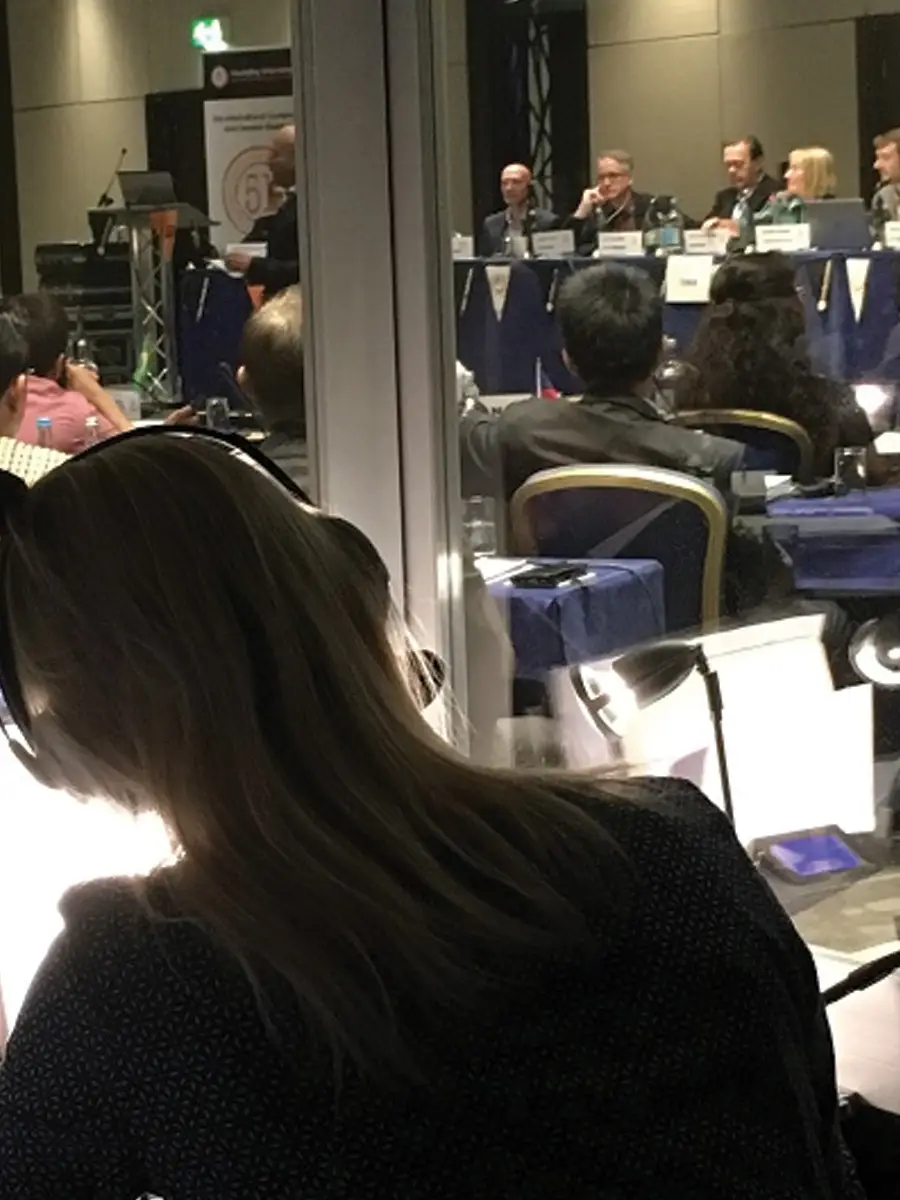The accuracy of a translation service can make or break a meeting, conference or event. Understanding everything that is being said is crucial. Mistakes can result in contracts being lost, damage to company or personal relationships, and the wrong information being disseminated. When several languages are involved, the potential for communication problems is very high which is why translators play an extremely important role.
But it is not just the accuracy of the translator that has to be borne in mind – it is also the standard of equipment and support technicians. Missing a word due to crackling lines or simply poor signals can result in translators making mistakes and recipients gaining the wrong information. In the worst case scenarios, it can result in delegates becoming very annoyed with the speaker, asking the wrong questions or wondering why an event is making no sense whatsoever.
Ensuring the success of a simultaneous translation service is a tremendous responsibility for the event organiser, translator and most of all the AV and translation equipment organisers.
Preparation is vital. Choose a company that specialises in simultaneous translation, and has the equipment, booths and translators to meet your needs. Check in advance exactly which languages are required so that the appropriate translators are available as well as suitable equipment. Make sure that the translation equipment company arrives in good time to check that there are no unexpected barriers to wireless signals, and that the appropriate signals are received correctly wherever a delegate may be within the room. Remember that most delegates do tend to move around and may change seats! All equipment should be fully tested before the event, and technicians need to be present at all times to keep the equipment operating at optimum levels.
Always remember to prepare for the unexpected. Cabling should be discreet with no risk of anyone accidentally tripping over it or pulling it from a socket during transmission. Even in the most well prepared event, headphones or microphones can suddenly stop working. Having spares instantly to hand ensures that there are no gaps in the translation. Ideally technicians should be able to think on their feet and deal with problems before they become evident. Constantly monitoring input from speakers and translators ensures perfect communications.
Remember too that the translator can only work for short periods at the level of intense concentration needed for simultaneous translation, so having second translator at hand to give a break is essential. Then there are the times when speakers suddenly deviate from prepared material, making jokes or announcing a break – the translator needs to be prepared for this by having flexible, versatile language skills.
One word can have different meanings in many languages and it is all too easy to offend without meaning to do so. Communication and linguistic ability combined with careful preparation between organisers and translation equipment providers can make the difference between success and failure.
